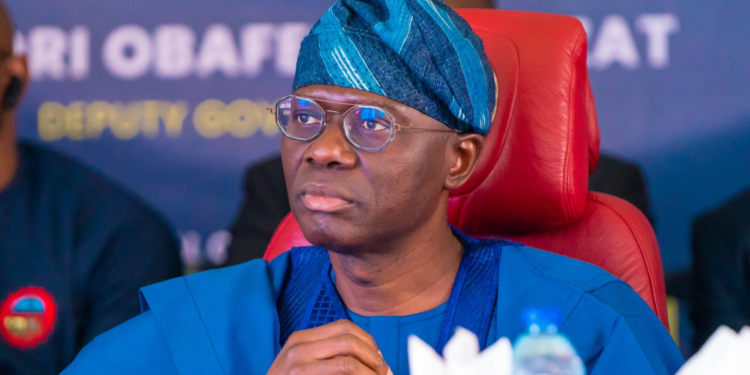[ad_1]
Despite the indefinite ban placed on cryptocurrency commercial trading by the Buhari regime and the Central Bank of Nigeria (CBN), Lagos state governor, Babajide Sanwo-Olu, is enticing youths in the state by floating the idea of cryptocurrency approval as he embarks on missions to canvass votes in a bid for re-election.
With only few days before the gubernatorial election, which was earlier scheduled to hold on Saturday but now shifted by a week to March 18th to allow the Independent National Electoral Commission (INEC) reconfigure the Bimodal Voter Accreditation System (BVAS) machines, Sanwo-Olu has embarked on policy changes to entice young voters in Lagos.
A part of a video released by the governor ahead of the election which is expected to be a tightly-contested one involving two other leading candidates, Gbadebo Rhodes-Vivour of the Labour Party and Abdul-Azeez (Jandor) Adediran of the People’s Democratic Party, Mr Sanwo-Olu said his government is committed to creating an enabling environment for cryptocurrency to thrive despite a ban on such.
“… and techpreneurs, we are committed to working with all stakeholders to promote the growth of tech and blockchain industry including cryptocurrency in Lagos state. We are proud of the achievements of our young people and we believe their success is a testament to the potential of our state, Mr Sanwo-Olu said in the clip as he continues on a journey to win people over.
In one of such moves, the Lagos state government had, last week Saturday, commenced the process of releasing impounded vehicles to their owners free of charge without payment of fines, a move the state transportation commissioner, Dr Frederic Oladeinde said is to relieve Lagosions of the crunch of naira redesign policy.
The Buhari regime, through the CBN, had in February 2021 placed an indefinite ban on the trading of cryptocurrencies and ordered commercial banks to block any accounts caught in the activities, claiming the digital currency is used for money laundering and terrorism, in a decision that sparked massive outcries from mostly young Nigerians.
[ad_2]








